The Volunteer’s Blog
18ый международный фестиваль языков
челхе фестивале
lingva festivalo
I. LANGUAGE CARAVAN
Our first big task – This year’s Language Caravan. The work: preparing and holding a presentation about our languages and countries – in my case German language and Germany – in schools in Cheboksary and Chuvash villages. Almost every day from Saturday of last week (12th) to Friday (18th) I went on one of our two language caravans together with a group of short- and long-term volunteers. We visited two schools in Cheboksary, the Russian-Chuvash school in Кугеси and the Марийский Государственный Технический Университет in Йошкар-Ола.
And this is how every visit went:
1. Reception and welcome. In Кугесях we were even welcomed by two students in traditional Chuvash costumes with a Chuvash poem, and some kind of salt cake.
2. Tea. Tea with school principal or teachers. (you really drink a lot of tea here..) And almost always some delicious пироги.
3. Presentations. We presented our country in different classes 4-5 times in a row. I was surprised at the level of interest, which all students showed. After the third time I could be sure that at least one student would ask what I think about Rammstein, how we see Russia in Germany and that the expression «Hände hoch!» is the most commonly known part of German movie culture. Still, the most unexpected, and, frankly, completely absurd question I was asked during our presentations in Кугесях. A very well-dressed, serious looking boy approached me after the presentations and politely asked, if he could ask a question. So I listened up, expecting some kind of intellectual pondering – «So is it true that in Germany everyone can fart everywhere they want?», the boy asked… Amazingly, he was not joking.
4. Lunch. The hospitality of the schools we visited was amazing. After having had already practically a full breakfast, some more tea and Акконд candy we were usually invited to eat lunch in the school canteen.
…and then, having had about three kilos of food, we went back home with a lot of new and interesting impressions.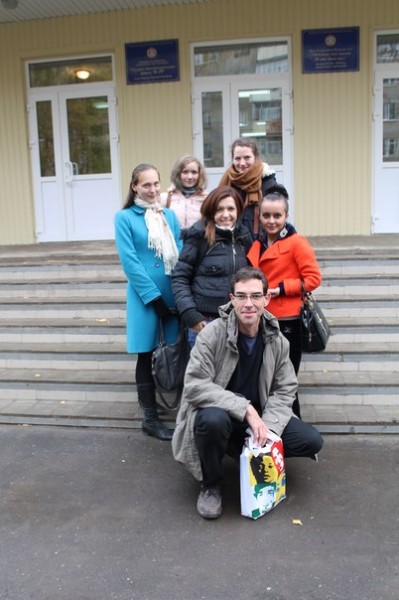
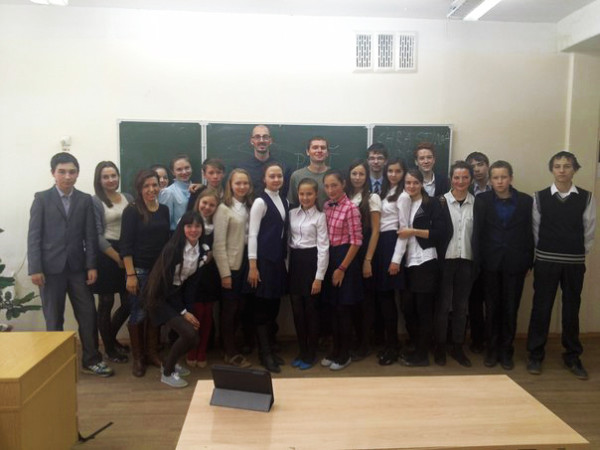
II. LANGUAGE FESTIVAL
(19th -20th Oct)
On Saturday and Sunday the main presentations were held in the institute of foreign languages in Чувашский Государственный Университет. The presentations were twice as long and therefore a bit harder, but I enjoyed being able to present some lesser known parts of life in Germany, German politics and current affairs. – And who would have thought that I would learn a bit of Лаосский and Вьетнамский язык in a small city somewhere in Russia…
Unexpectedly, for me the most interesting parts of the festival were the opening and closing ceremonies. There, a series of very impressive international dances and songs were presented by school children and teenagers from the area. Most of these performances were traditional Russian and Chuvash. During all the festivities it seemed to me that these kind of celebrations of regional and national traditions would be very uncommon in Germany.
Of course there is Oktoberfest, but even there people use their national Bavarian costume (Lederhosen and Dirndl) more like a joke, like something to justify silliness and drinking lots of beer already at 12 o’clock during the day, while listening to the very worst of German Schlager music. In Germany, people generally know only these Bavarian traditions, because other national songs or dances are not part of public celebrations, school events or national holidays. maybe it’s possible to say that we don’t really use traditions as a way to identify with our country or region. In general, people don’t care about flags, emblems and uniforms. And usually the ones who do come from a more rural area or serve in the army. In any case, traditions are less integrated in public events in Germany than they are in Russia. And the traditions, which are still celebrated (like Oktoberfest and Schützenfest, a fest for hunters), are somehow connected to drinking and most popular with old men.

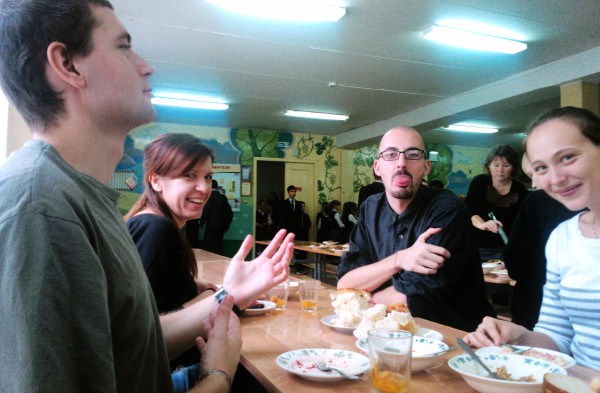
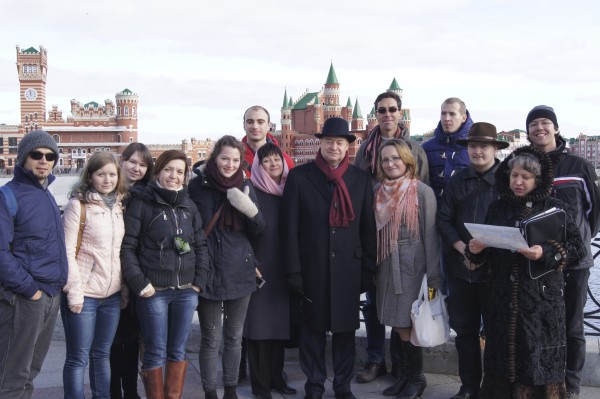
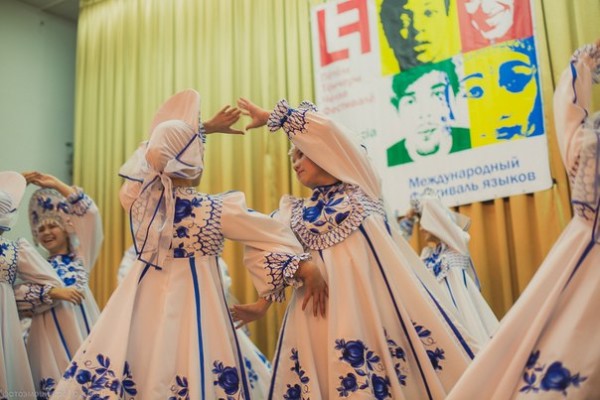
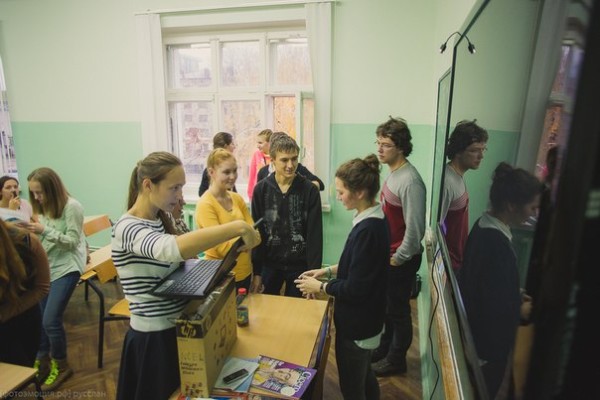
Комментарии закрыты.